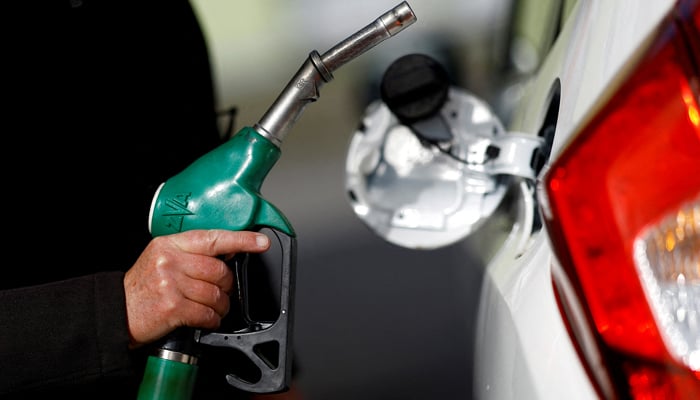Will petrol price drop by Rs100 in Pakistan after Russian oil import?
First shipment of Russian oil expected to dock at Karachi port this month
May 26, 2023

With all the hype around Russian oil, the foremost question that every Pakistani has is what effect the imported oil will have on the high fuel prices.
Minister for Planning, Development and Special Initiatives Ahsan Iqbal answered the question in a recent interview with Voice of America (Urdu).
When asked whether the price of petrol — which had reached a record high of Rs282 per litre and currently stands at Rs272 per litre — would be slashed by Rs100 once Russian oil reached Pakistan, the minister responded in the negative.
"There might not be a significant difference," he said. However, the price would "definitely reduce" once Pakistan started importing large quantities of Russian oil, he added.
"At the beginning, the quantity of imported oil is small, but as it increases in six months to a year, it will help reduce petrol prices," Iqbal said.
Pakistan and Russia had been negotiating an oil deal for months before reaching an agreement in April.
The first shipment of Russian oil is expected to dock at the Karachi port in late May, State Minister for Petroleum Mussadik Malik had said last month. The country would seek to import 100,000 barrels per day (bpd) of Russian crude oil if the first transaction went smoothly, he had added.
Initially, the Pakistan Refinery Limited (PRL) would refine the crude oil in a trial run, to be followed later by Pak-Arab Refinery Limited (PARCO) and other refineries.
A day earlier, Malik shared that Pakistan plans to import one-third of the country's total crude oil requirements from Russia.
The state minister revealed that the government has finalised a comprehensive energy security agreement with Russia, which would cover different aspects of the energy supply in the country.
Malik said: "We want to open an energy corridor with Central Asia like the one we have with Gulf countries."
"This would reduce the cost of energy in the country and would be helpful in the development of industrial clusters and value additions in the agriculture sector," he maintained.
The minister revealed that the government's objective is to import 18-20% of its total crude oil imports from Russia, with the hope that this move will substantially lower petroleum product prices for domestic consumers.











